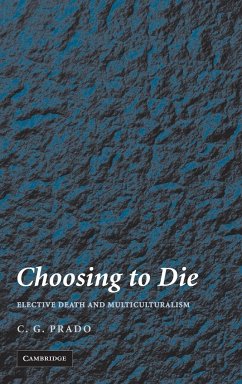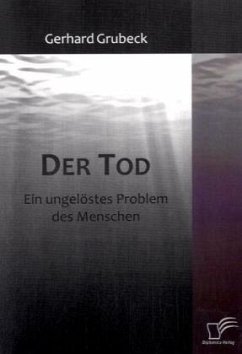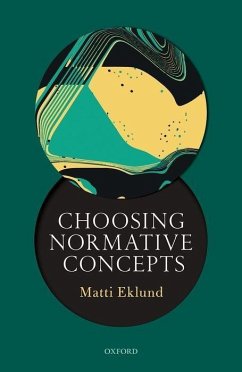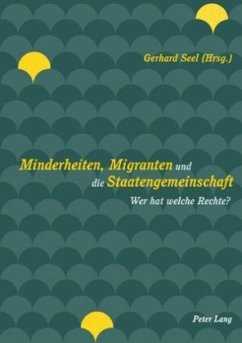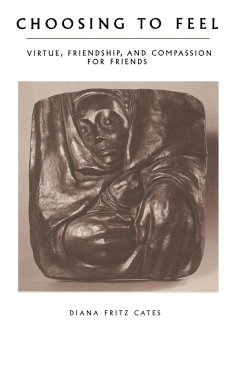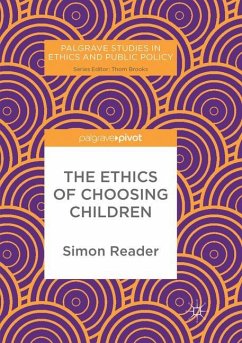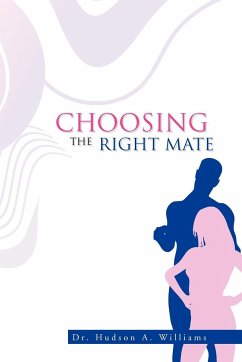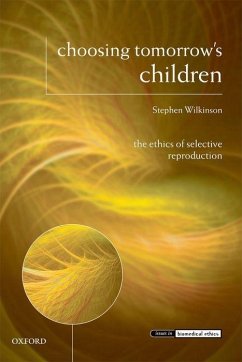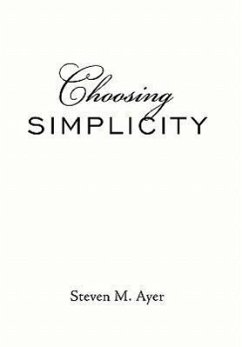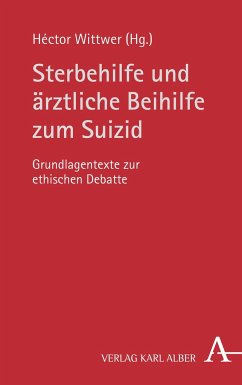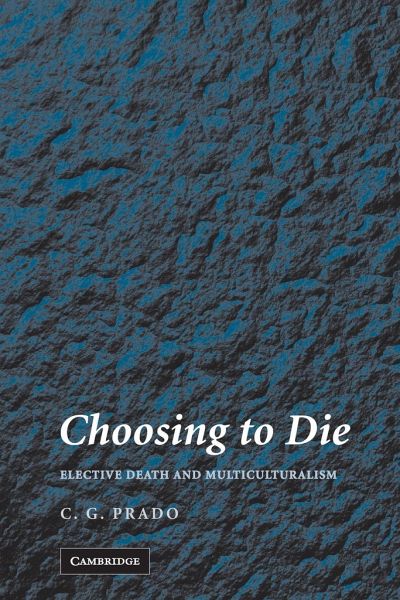
Choosing to Die
Versandkostenfrei!
Versandfertig in 1-2 Wochen
37,99 €
inkl. MwSt.
Weitere Ausgaben:

PAYBACK Punkte
19 °P sammeln!
In this book, C. G. Prado addresses the difficult question of when and whether it is rational to end one's life in order to escape devastating terminal illness. He specifically considers this question in light of the impact of multiculturalism on perceptions and judgements about what is right and wrong, permissible and impermissible. Prado introduces the idea of a 'coincidental culture' to clarify the variety of values and commitments that influence decision. He also introduces the idea of a 'proxy premise' to deal with reasoning issues that are raised by intractably held beliefs. Primarily in...
In this book, C. G. Prado addresses the difficult question of when and whether it is rational to end one's life in order to escape devastating terminal illness. He specifically considers this question in light of the impact of multiculturalism on perceptions and judgements about what is right and wrong, permissible and impermissible. Prado introduces the idea of a 'coincidental culture' to clarify the variety of values and commitments that influence decision. He also introduces the idea of a 'proxy premise' to deal with reasoning issues that are raised by intractably held beliefs. Primarily intended for medical ethicists, this book will be of interest to anyone concerned about the ability of modern medicine to keep people alive, thereby forcing people to choose between living and dying. In addition, Prado calls upon medical ethicists and practitioners to appreciate the value of a theoretical basis for their work.





